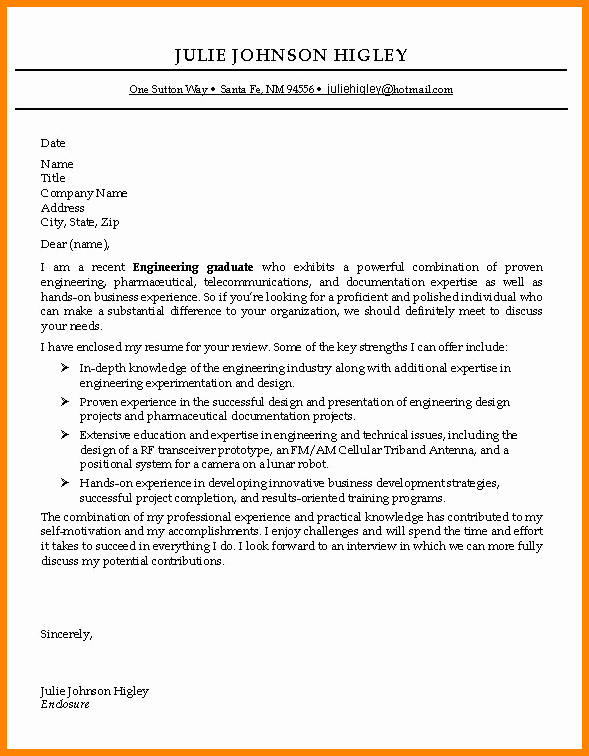1. Introduction
When applying for scholarships at Purdue University, one crucial component is the letters of recommendation. These letters provide insights into your character, achievements, and potential as a student. In this article, we will explore the importance of letters of recommendation for Purdue scholarships and provide valuable tips to ensure you obtain strong and compelling recommendations.

2. Understanding the Importance of Letters of Recommendation
Letters of recommendation play a significant role in the scholarship application process. They offer an external perspective on your academic abilities, leadership skills, and personal qualities. These recommendations provide the scholarship committee with valuable insights into your potential as a successful recipient.
3. Selecting the Right Recommenders
Choosing the right recommenders is crucial. Opt for individuals who know you well, have observed your growth, and can speak to your strengths and achievements. Professors, advisors, employers, or community leaders are often good choices. Select recommenders who can provide specific and credible information about your abilities and character.
4. Building Strong Relationships with Recommenders
It is essential to cultivate strong relationships with your potential recommenders. Engage with them academically or professionally, participate actively in class, and seek their guidance when needed. Building these connections will help them get to know you better and write more compelling letters on your behalf.
5. Providing Relevant Information and Materials
To assist your recommenders in writing effective letters, provide them with relevant information and materials. Prepare a package that includes your resume, academic transcripts, personal statement, and any other documents that can help them understand your achievements, goals, and aspirations.
6. Writing a Polite and Well-Structured Request
When requesting a letter of recommendation, do so politely and professionally. Clearly explain the purpose of the letter and why you have chosen the recommender. Provide them with sufficient time to consider your request and ask if they are willing to write a positive recommendation on your behalf.
7. Following Up and Offering Assistance
After receiving confirmation from your recommenders, follow up to ensure they have all the necessary information and materials. Offer to meet with them to discuss your goals and provide any additional insights that can strengthen the letter. Show your appreciation for their time and effort.
8. Giving Ample Time for Submission
Grant your recommenders ample time to write and submit their letters. Provide them with a clear deadline that allows them to allocate sufficient time to craft a well-thought-out and compelling recommendation. Avoid last-minute requests that may compromise the quality of the letter.
9. Thanking Your Recommenders
Once your recommenders have submitted their letters, express your gratitude. A handwritten thank-you note or a sincere email can go a long way in acknowledging their support and appreciation for the time and effort they invested in advocating for you.
10. Preparing Your Recommenders for Specific Scholarships
If you are applying for multiple scholarships, provide your recommenders with information about each scholarship’s specific requirements and criteria. This will help them tailor their letters to highlight the qualities and achievements that align with each scholarship’s objectives.
11. Ensuring Consistency and Authenticity
While it is tempting to influence the content of the recommendation letters, remember that authenticity and honesty are crucial. Encourage your recommenders to write in their own words and highlight their personal experiences with you. Consistency and sincerity in the letters will strengthen your application.
12. Reviewing and Editing the Letter, if Possible
Some recommenders may allow you to review and provide feedback on the letter. If given the opportunity, review it carefully and suggest any minor edits or additions that can enhance the content. However, always respect their writing style and expertise, making sure not to impose significant changes.
13. Submitting the Letters of Recommendation
Ensure that you follow the scholarship application guidelines regarding the submission of letters of recommendation. Some scholarships may require recommenders to submit the letters directly, while others may ask for them to be included with your application materials. Adhere to the instructions provided to avoid any disqualification.
14. Conclusion
Letters of recommendation are an essential aspect of the Purdue scholarship application process. By selecting the right recommenders, fostering strong relationships, providing relevant information, and following proper etiquette, you can secure compelling letters that highlight your strengths and potential as a scholarship recipient.
15. Frequently Asked Questions (FAQs)
- How many letters of recommendation do I need for Purdue scholarships?
- The number of required letters may vary depending on the scholarship. Check the scholarship guidelines to determine the specific requirements.
- Can I ask family members or friends to write my recommendation letters?
- It is generally recommended to seek recommendations from individuals who can provide an objective assessment of your abilities. Family members and friends may not be viewed as impartial sources.
- What if my recommender declines to write a letter for me?
- If a potential recommender declines your request, politely thank them for their consideration and seek an alternative individual who can provide a strong recommendation.
- Is it necessary to waive my right to see the recommendation letters?
- While it is not always required, waiving your right to see the recommendation letters demonstrates your trust in the recommender’s evaluation and enhances the credibility of the letters.
- Can I provide additional letters of recommendation beyond the required number?
- In most cases, it is best to adhere to the specified number of recommendation letters. However, if the scholarship guidelines allow for additional letters, ensure that they add value and provide unique perspectives on your abilities.
Note: This article is provided for informational purposes only and does not guarantee any specific outcomes or results in scholarship applications.
 Scholarships Tips Learn Doctoral Scholarships Now
Scholarships Tips Learn Doctoral Scholarships Now